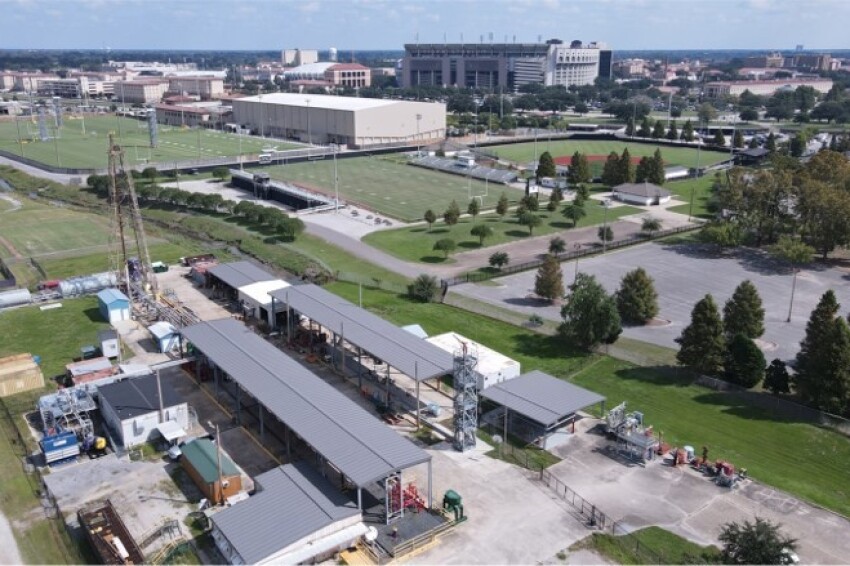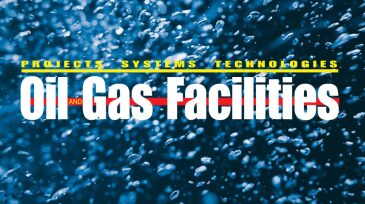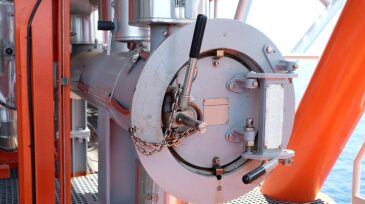Flow assurance
For more than a century, LSU has shaped petroleum engineering education, but few assets showcase its impact like the PERTT Lab. With six deep test wells and rare reservoir-depth gas-injection capabilities, the facility is helping drive breakthroughs in well control, carbon-dioxide injection, and next-generation energy technologies.
Experience in subsurface production and lift design is shaping a new generation of geothermal operations built for reliability and scalability.
The research facility said it plans to add multiphase-flow-testing capabilities for heavy oil and different viscosities.
-
The accurate and precise analysis of scale inhibitors—in conjunction with other field data such as ion analysis, total suspended solids, and productivity index—plays an important role in making decisions about the efficiency of scale squeeze and continuous chemical injection treatments.
-
A former technical manager with Petrobras discusses the development of the company’s flow assurance philosophies and strategies.
-
The understanding of solid-particle flow regimes in pipelines for any operational conditions is important for identifying the nature of particle interaction and movement. In this paper, a comprehensive analysis of solid-particle flow regimes in stratified flow in a horizontal pipeline is presented.
-
Replicating field conditions for flow assurance experiments at a reasonable cost often presents many challenges, particularly when it comes to designing an experiment with appropriately scaled geometry, an expert said.
-
When the underlying cause of flow-related issues on offshore projects is unknown, an expert said an investigation of fluid flow behavior based on an understanding of the first principles of flow assurance is necessary.
-
Natural-gas-infrastructure reliability is critical for the energy sector. When capitalizing on old pipelines to transport natural gas, operators run the risk of partial blockage. In this study, the authors develop a multirate test method to detect partial blockage in a gas pipeline.
-
Subsea tieback of a new field to an existing offshore production facility is one option to minimize development costs.
-
This paper describes a new direct electrical heating method in flexible-pipe systems. The method effectively expands the operational envelope of flexible unbonded pipes with greater control of hydrate plugs and wax precipitation by distributed heating along the entire pipe length,
-
Medium-voltage electric heating systems offer reduced installation cost and increasing efficiency for multimegawatt oil and gas heating applications compared with low-voltage systems. For offshore applications, the systems offer the added benefit of both space and weight reductions.
-
Thermoplastic composite pipe (TCP) is a spoolable, fully bonded pipe with glass or carbon-fiber reinforcements. While most often used in deep water, the combination of a solid wall, spoolability, and corrosion resistance makes TCP attractive for production-flowlines in shallow water also.













